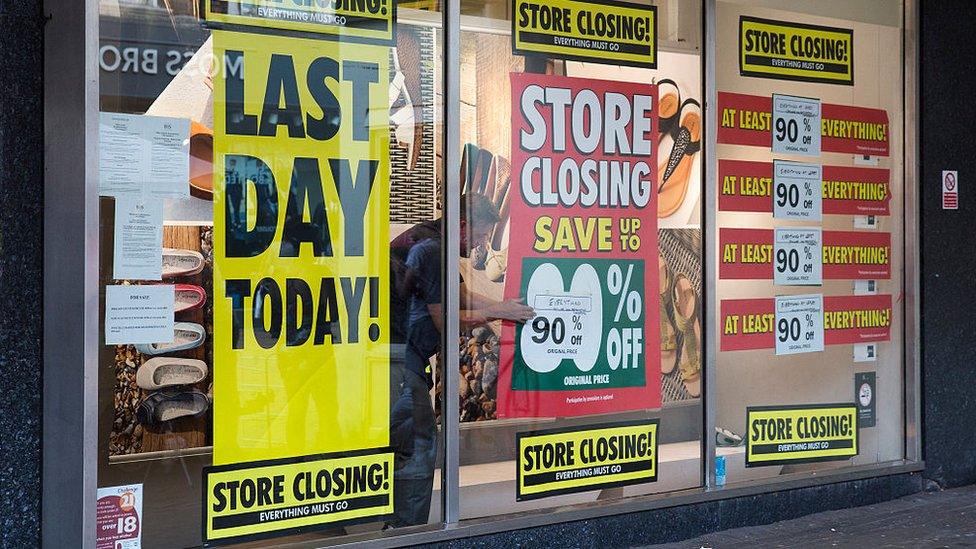The great corporate climbdown
- Published
- comments

It is no surprise that today's package of reforms to the way Britain's companies are run has fallen short of the crackdown on fat cat behaviour promised by Theresa May last year.
The watering-down can has been used liberally since she initially promised workers on boards and binding shareholder votes on executive pay.
The size of the climbdown is arguably as much to do with the scale of the original ambition as with the feebleness of the final proposals.
The Tory attempt to shake up the way corporate Britain is run hit several obstacles.
Lobbying by the business community was to be expected but there are some pragmatic and legal problems as well.
Workers' voice
Putting workers on boards is not as easy as it looks. Board directors are elected by shareholders.
Can you force shareholders to vote for a director they might not want? What about multinationals like the big mining and oil companies?
They are listed here but have the vast majority of their workers overseas. Do you put an unrepresentative British worker on the board or fly in a worker from Nigeria or Hong Kong for a UK PLC board meeting?
Countries like Germany manage it but companies there have a very different board structure to the UK which comes with its own problems.
Annual binding votes on pay are also problematic.
Business has long argued that it is hard to attract top executives when the pay on offer is subject to retrospective change. (Although some will point out that is what workers on zero hours contracts are asked to agree to.)
The proposals the government is trumpeting as victories will increase transparency, but lack teeth.
A register of companies that face a revolt of 20% or more of their shareholders might be a list you don't want to be on but revolts of this magnitude are already widely reported and seldom result in the pay in question being cut.

Sir Martin Sorrell has faced shareholder revolts over his pay for seven years running
A published ratio of CEO pay to average worker pay is a step further than previous governments have taken but is subject to widely recognised flaws.
Using this crude measure, investment banks will be seen as bastions of pay restraint compared with supermarkets as the average worker at Goldman Sachs makes several hundred thousand pounds a year.
Nevertheless, once published this ratio will be helpful in judging a company's performance against its own benchmark (an incentive you might argue to start the ratio as high as possible and then manage it down!) but is of limited use to compare companies in different sectors.
The government's intention to tighten up the way privately held companies are run is going to be interesting to watch. Usually the shareholders of a private company don't really need protection because the management and the shareholders are the same people.
Driven by the high profile collapse of BHS, the government needed to be seen to do something but increased government intrusion and additional reporting requirements may be unwelcome to many big companies that value the reduced red tape that being private affords.

The collapse of BHS drew criticism from Theresa May about corporate failings
It's worth remembering that the Companies Act 2006 already requires company directors to consider the wider stakeholder community (employees, consumers, the environment) when making decisions.
Widespread anger at huge pay differentials and corporate wrongdoing helped persuade the writers of the Conservative manifesto this wasn't enough.
The government is therefore proposing a new law to make directors explain how well they are doing against those targets.
Many will feel it's the government which has underdelivered against targets.
Others might say it is another example of politicians promising big things only to find out they are harder to do than they looked.
- Published29 August 2017

- Published27 August 2017
